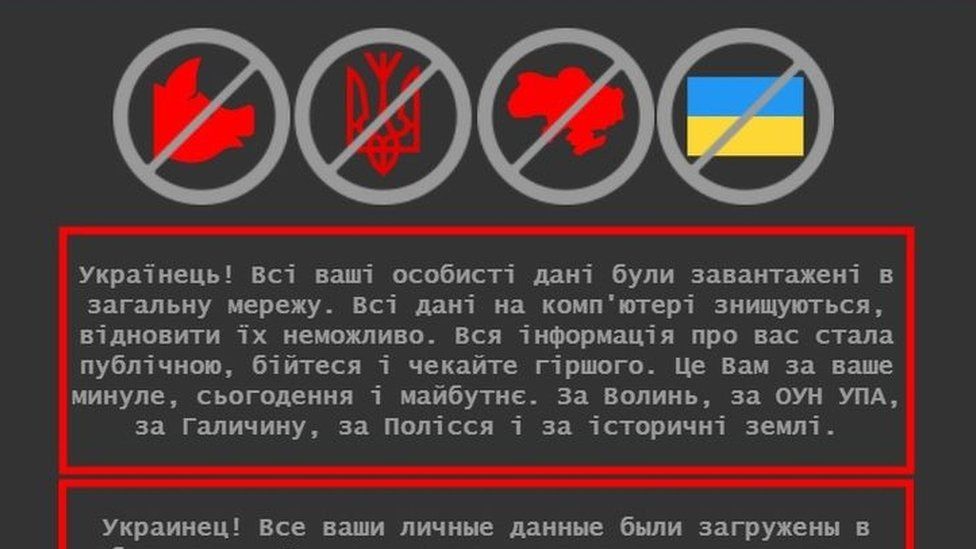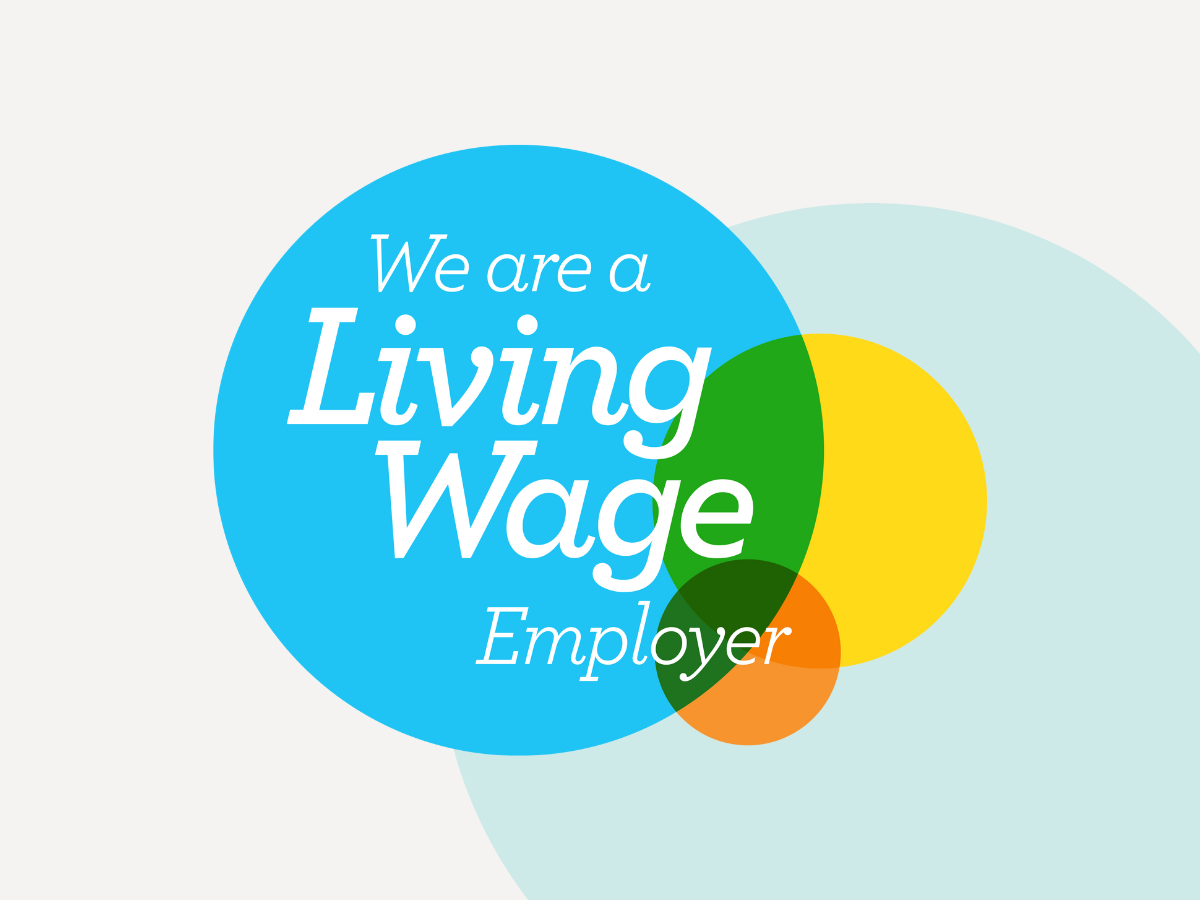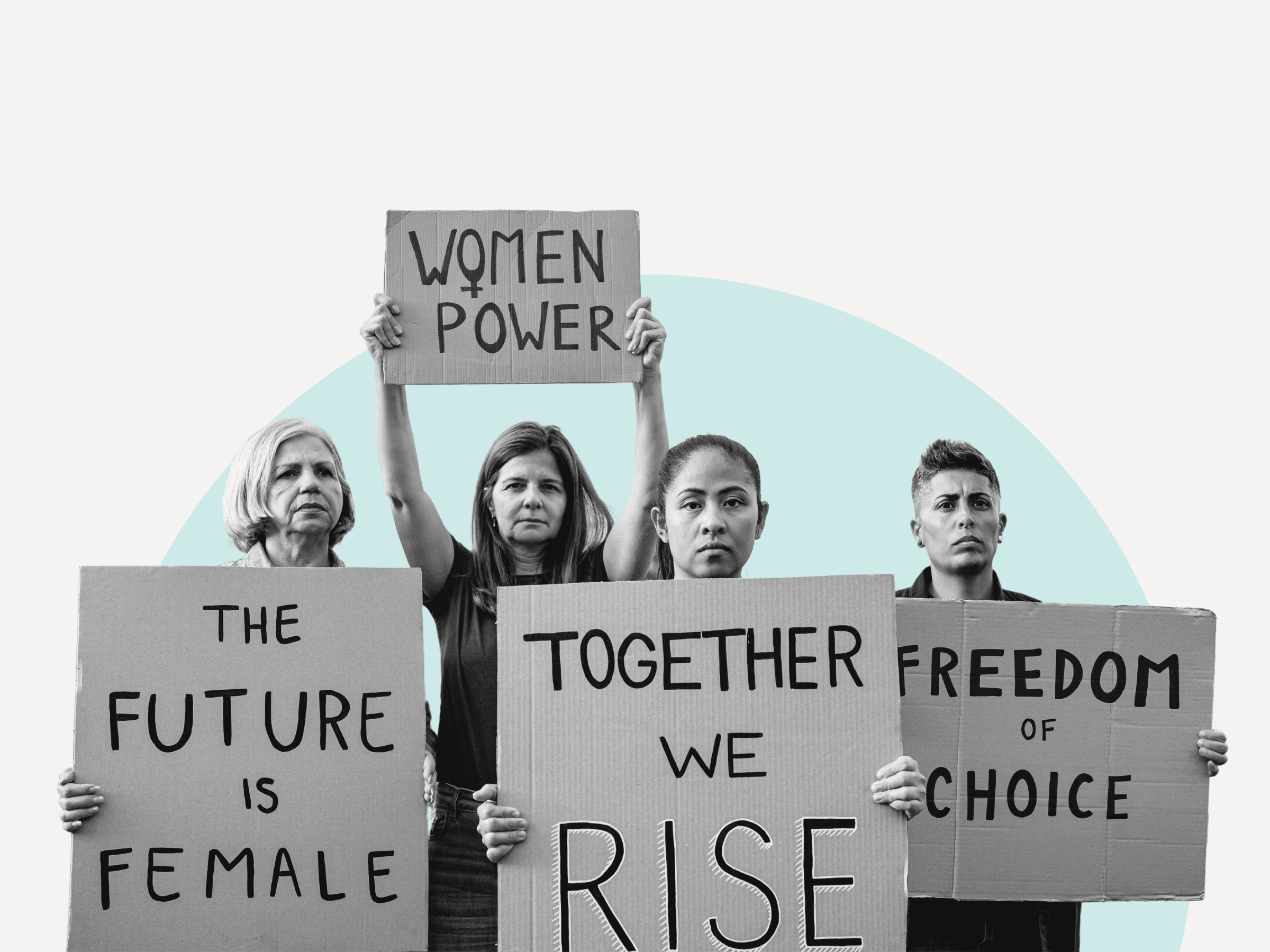/lu:talika/
The Danger of Treating Workers Like Resources
The Danger of Treating Workers Like Resources
Article
Lily Hannigan
Studio Lutalica has links with developers and designers from all over the world. Most of the websites we’ve built were made possible thanks to the help of highly skilled Ukrainian developers. So when we heard that Ukrainian freelancers were worrying about being dropped by agencies as their country was on the brink of invasion, we were appalled but not altogether surprised.
Russia Ignites Climate of Disorder and Intimidation in Ukraine
In recent weeks a number of alarming situations have broken out in Ukraine. The country has been struck by sophisticated cyber attacks and Russian troops have been patrolling the borders, creating a climate of uncertainty and intimidation.
Last week a number of government departments in Ukraine were effectively shut down, as the digital interfaces of the ministry of foreign affairs and ministry for education were hit by an anonymous source. In place of webpages, visitors were met with the hostile message ‘Ukrainians be afraid and expect worse.’ As well as state communications, the attacks affected water supplies, electricity and payment gateways, a series of events that closely mimics Russia’s 2014 targeting of Ukraine’s national grid. The source of these attacks is unknown, but evidence points towards extra-governmental Russian hackers (source: BBC).
As of today, the precise involvement of the Kremlin is yet to be confirmed. British intelligence has warned of a plot to install former Russian MP Yevhen Murayev in place of a toppled Ukrainian government, while key figures in both Ukraine and Russia vehemently denying this (source: Guardian).
The consequence of all this is what most commentators expect is Russia’s initial aim: mass confusion, anxiety and instability.

Hackers shut down key webpages and replaced them with threatening messages
Ukrainian Freelancers Worry About Job Loss as Threat From Russia Mounts
As news of unrest between Russia and Ukraine reached us, our thoughts immediately turned to our team mates and contractors in the region.
In the face of hybrid attacks from Russia, Sofiia, one of our brilliant developers, has decided to leave her native Kiev and escape to Poland. The whole experience has left her feeling ‘anxious and humiliated.’
Amongst huge upheavals in her personal circumstances and acute political uncertainty, Sofiia said ‘I was worried because I could get into circumstances where I would not be not able to work.’
Like the majority of our developers, Sofiia works for us on a freelance basis. Being a freelancer allows you to work on a variety of projects of your choosing, from wherever you like and (within reason) whenever you like.
International contracting is prevalent in many industries in our globalised world, and digital design is no exception. It wouldn’t be unusual to find a copywriter from the UK working with a designer from France and a developer from Romania on a project for US client.
But for all the freedoms and creative possibilities this approach to work gives individuals, it also puts freelancers in an incredibly vulnerable position.
What do you do when your country is being invaded but your client is expecting business as usual?
We’ve been lucky enough to work with Ukrainian developers on a range of projects, including this site for circus performer Francesca Hyde
The Limits of Treating Workers Like Resources
Working with freelancers makes sense for businesses who have varied workloads or a range of specialisms. There’s no point employing a full-time videographer, for example, if only one in eight clients need video. Hiring contractors allows a business to be flexible whilst taking on minimal risk.
But there are darker benefits to using freelancers too. Businesses may pay a higher price for an individual’s time, but they needn’t worry about providing ‘benefits’ such as pensions, sick pay, job security and health insurance. The increased cost of labour per hour (not that this is in anyway guaranteed) is offered in lieu of care.
To varying extents under capitalism, all workers are recruited and maintained as resources. If an employee is no longer suitable for a task, they should be exchanged for another. If an individual is uprooted by war, unable to work thanks to power shortages or cyber attacks, or struck down by illness, they are deemed unfit for the task and the ‘rational’ course of action is to replace them with an individual who is suitable.
All workers are vulnerable to this inhumane process of change and exchange, but freelancers actively cash-in the thin protections most employment contracts offer. Culturally, this exchange is seen as fair or, at least, normal.
So when project managers, design agencies and development partners hear that Ukraine or Syria or Palestine are under siege, it’s considered rational to source labour from elsewhere. Ukrainians face potential threats to their lives, homes and national infrastructure, but the practical response, after a long pause, a round of sympathy and a shuffling of feet, is to cut ties and move on.
What Can We Do Differently?
Studio Lutalica is a young business, born out of a desire to make the design world a better place for women and LGBTQ+ people.
We are finding our feet without the support of financial backers, or taking work that conflicts with our values. That means we can’t offer our collaborators the security we feel they have a right to, but that doesn’t mean we can’t do anything.
The events in Ukraine forced us to put our heads together and think about what we can do to help right now.
That’s why we’ve decided to start a crisis fund for designers in our community who face desperate situations.
Besides this conflict, we also work with an incredible Ghanaian contractor who risks arrest every day simply by being LGBTQ+ and doing the brilliant work she does with us. This fund will also be for her, and anyone else in our community who comes up against barriers of discrimination or hardship. We’re determined not to put too many rules and regulations on the fund, so we can distribute costs in a humane and empathic way. But the fund might be used for emergency flights, visas, educations grants and more. Whatever support our community needs, when life happens.
If you were affected by this post and can spare a little cash, we’d really appreciate your contribution. Check out the Studio Lutalica crisis fund and please contribute what you can.
Thank you!


